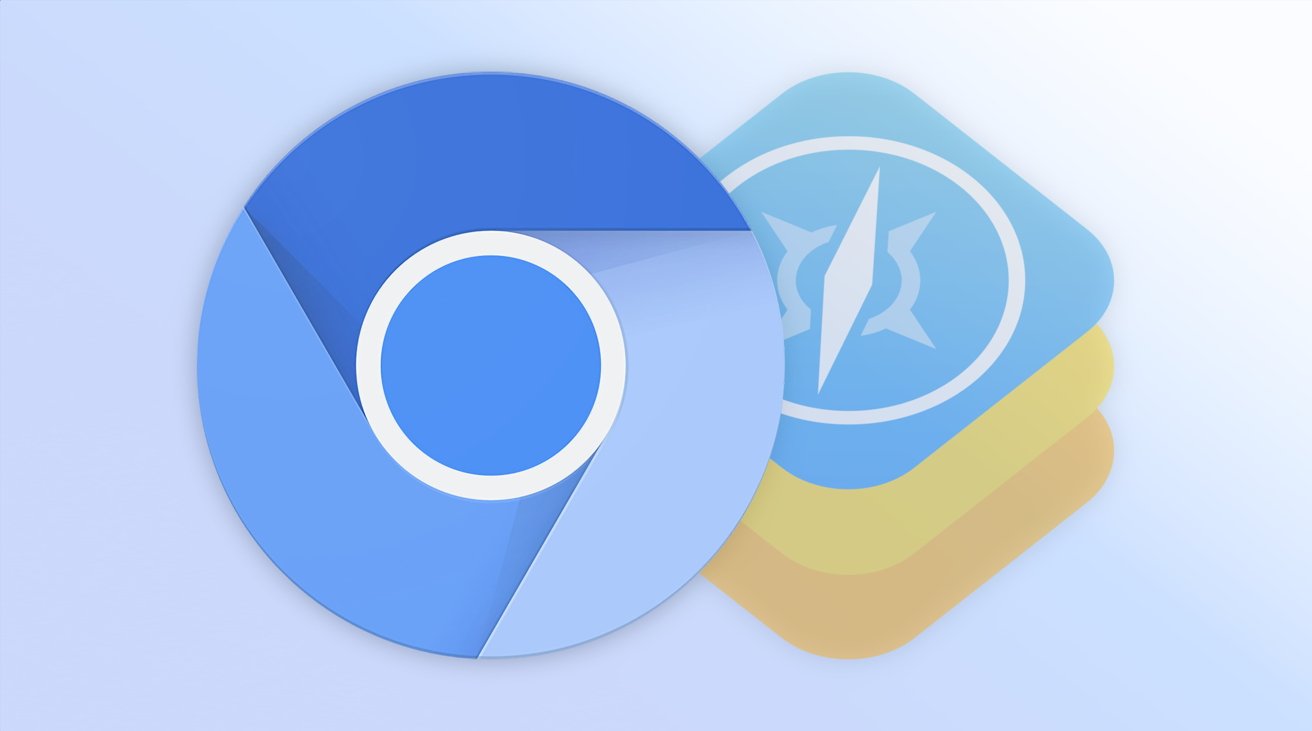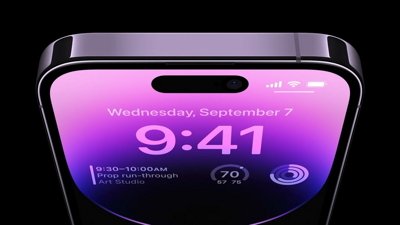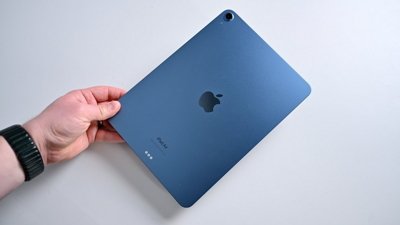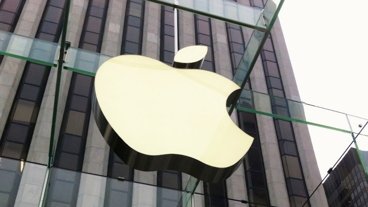Google's Chromium team working on non-WebKit browser for iOS
Google's Chromium team is working on making a new experimental browser for iOS based on Blink, instead of using Webkit as mandated by App Store policies.
Under the App Store Review Guidelines, web browsers and apps that offer web-browsing capabilities must employ "the appropriate WebKit framework and WebKit Javascript." However, it seems Google is starting to look at other ways to offer browsing on iOS, without using the Apple-sanctioned browser engine.
The search giant's Chromium developers are reportedly working on a web browser for iOS that uses the Blink browser engine, according to The Register. The "content_shell iOS port" referred to in Chromium bug reports is apparently an internal-only application, intended for testing graphics and input latencies.
The posting, from January 31, underlines that it is "experimental only," and it is currently not intended to be "a shippable product."
A spokesperson told the report it is "an experimental prototype that we are developing as part of an open source project with the goal to understand certain aspects of performance on iOS. It will not be available to users and we'll continue to abide by Apple's policies."
Despite the protestations, this may be laying the groundwork for major changes in iOS browser development in the future.
Law changes, engine changes
While Apple currently won't allow browsers using anything other than WebKit into the App Store, that policy could potentially be challenged in the future, via changes in law.
For example, Europe's Digital Markets Act aims to force Apple into making changes to how it allows developers access to iOS as a whole, including the possibility of enabling third-party app storefronts. Since other stores will be able to set their own rules about app content, that means a browser offered through a third-party store wouldn't be limited to the WebKit-only rule.
The National Telecommunications and Information Administration's report released on February 1 also pointed to how Apple's policies have "created unnecessary barriers" for app developers, including "functional restrictions that favor some apps over others."
Apple is reportedly bracing itself for the DMA implementation, with work allegedly happening behind the scenes to comply with the rules, including third-party app storefronts.
With alternate avenues to put apps onto the iPhone potentially on the way, this sort of testing by Google could be viewed as a start towards developing a browser that works to Google's own rules, not those set by Apple. Indeed, the "experimental prototype could be more than just a vehicle for testing.
A report source familiar with browser development says content_shell is a "minimal browser application," and that it is "the start of a browser port." Visible code commits indicate that it is in skeletal form and missing core components including sandboxing, JIT support in V8, and a fully fleshed-out graphics stack.
It's highly plausible that these areas could be improved upon within months, if Google put its resources in that direction. With the prospect of distributing a browser on iOS that doesn't lean on Apple's WebKit engine, that could be all the motivation Google needs.
 Malcolm Owen
Malcolm Owen














 Charles Martin
Charles Martin
 William Gallagher
William Gallagher
 Andrew Orr
Andrew Orr

 Christine McKee
Christine McKee
 Chip Loder
Chip Loder










23 Comments
What are the benefits to Google in using a non-WebKit based browser?
I have seen the horrible battery life & sluggish performance given by Chromium on macOS by Edge. I prefer Edge on my iPads & iPhones much more than Edge on my macOS devices.
If I didn’t know better I would have said macs have terrible battery life. No wonder iPads & the App Store are so valuable